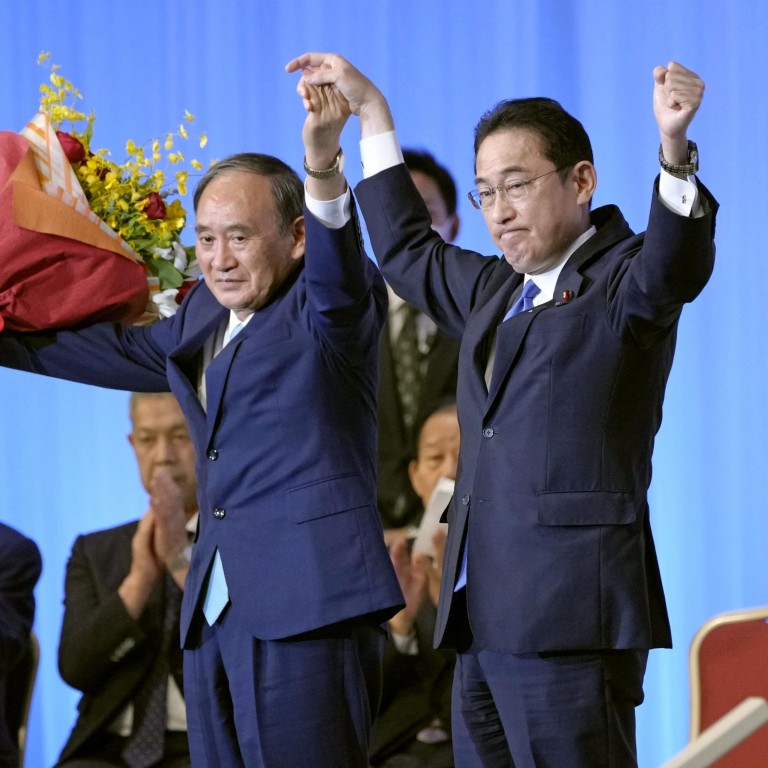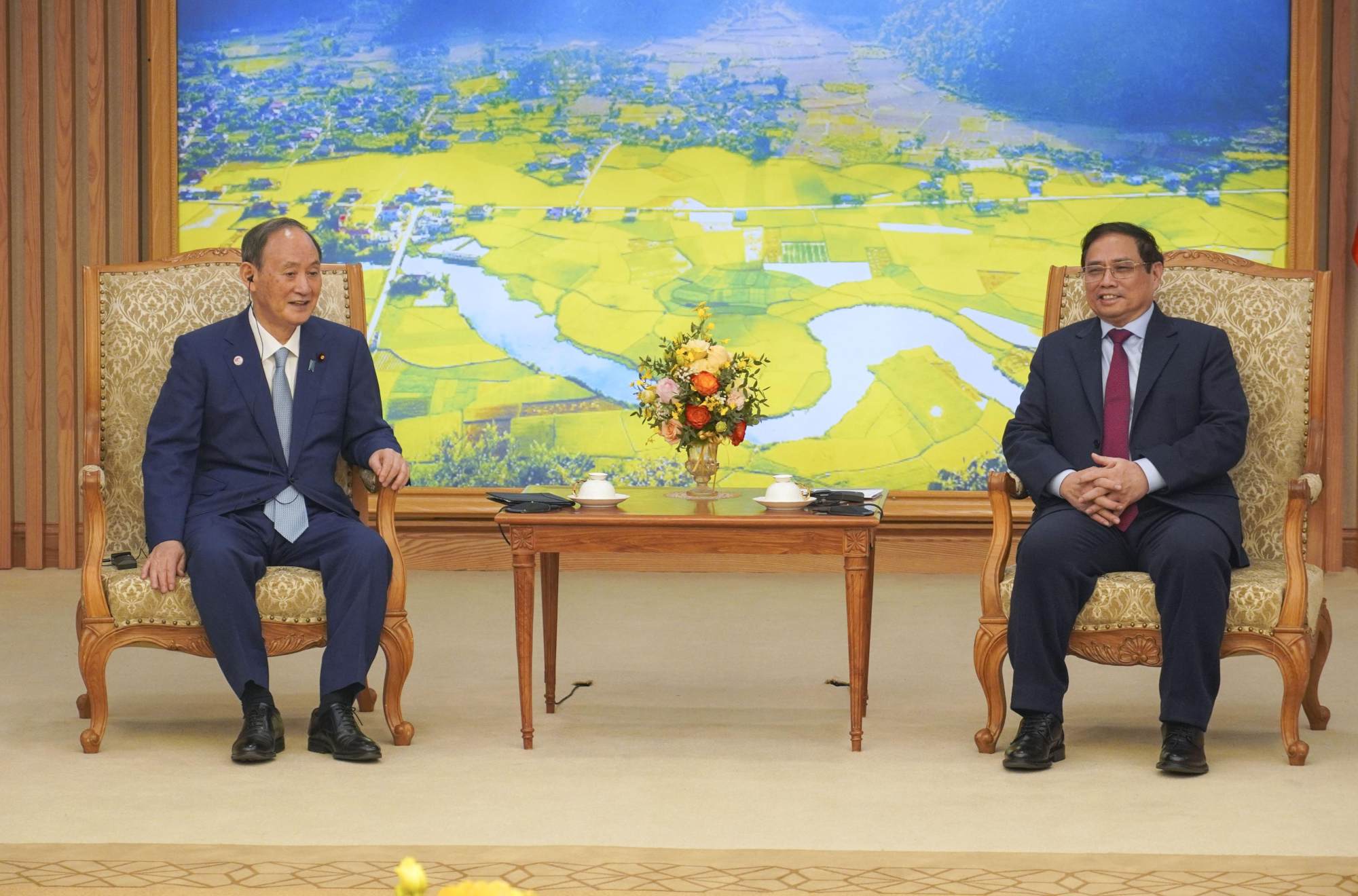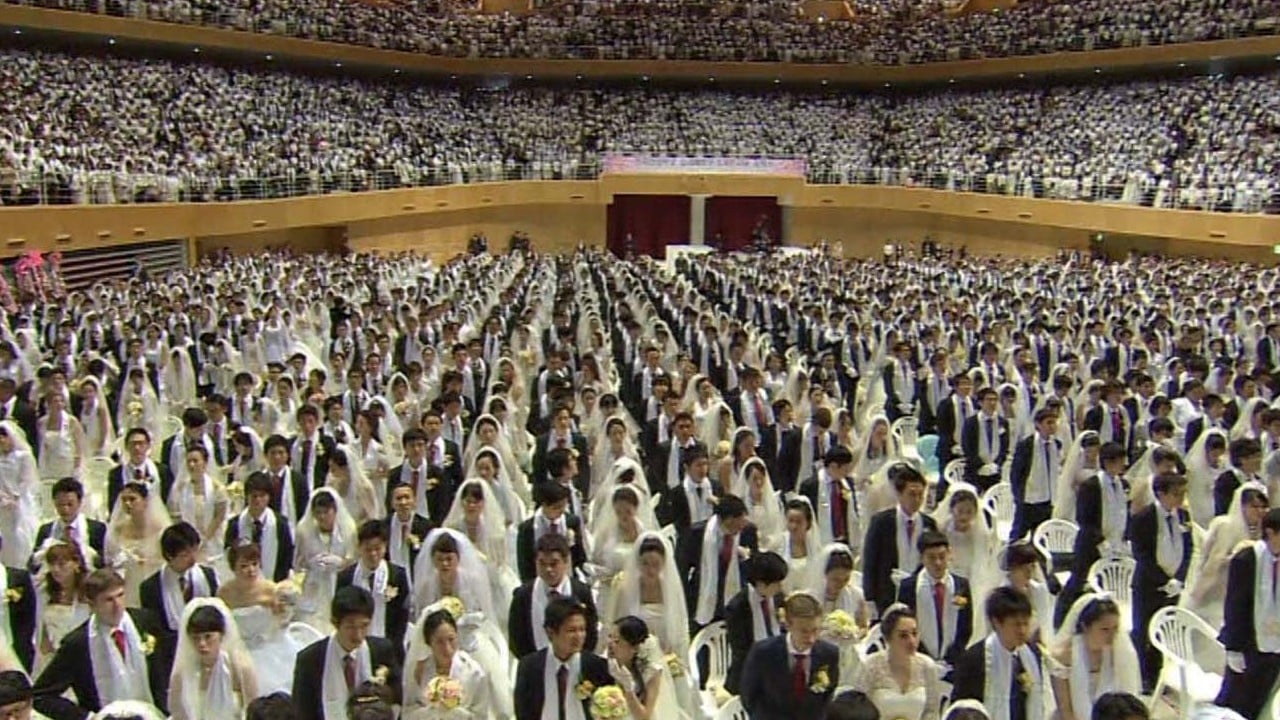
Is Japan’s Yoshihide Suga planning a comeback as PM Fumio Kishida’s approval rating sinks?
- Suga, who Kishida replaced in October 2021, has been a vocal opponent of his successor’s unpopular plan to increase taxes for defence spending
- The former leader is ‘trying to make sure he’s seen’, an analyst said, amid lingering factional infighting and a public ‘disappointed’ in Kishida
Suga was critical of Kishida in a recent interview for the Bungeishunju news magazine, accusing the prime minister of deepening factional rivalries within the LDP by deciding to stay on as faction leader after becoming national leader.
“This sends the message that factional politics linger, which only makes the public more critical,” Suga said.

Suga is not a member of a party faction but apparently feels he and some factions have been sidelined from the decision-making process, as Kishida has relied on members of his own parliamentary grouping, working closely with Taro Aso, party vice-president, and party secretary general Toshimitsu Motegi, who both head their own factions.
Suga has said Kishida pushed ahead with “too little discussion” within the party.
Quoting a colleague close to the former prime minister, the Asahi newspaper said Suga had said that while many members of the public “have shown an understanding about the need to increase defence spending, the ideas of how to come up with the funds have been shoddy. We should have spent more time fully debating the issue”.
Inflation in Japan hits a 31-year high, creating headaches for its central bank
The source also suggested that as many as 80 members could unite to impose their will on Kishida, a significant proportion of the 376 LDP politicians who sit in the two houses of Japan’s parliament, or Diet.
She said she thought Suga was “trying to make sure he was seen” and was “still playing a key role”.
The biggest issue for conservatives is the plan to increase taxes, Murakami said. “They are firmly against more taxes, but they also feel that their voices have been ignored and that decisions have been taken much too quickly.”
He has never been decisive in any of the issues, said Murakami, adding that “it took far too long to fire those ministers and he just comes across as looking weak”. She said that overall the public has been “deeply disappointed in his leadership”, which is making people rethink Suga’s performance.
Now [Suga] is seeing Kishida become politically weaker and probably thinks he could do a better job
While he may have earned a reputation for being a dull, uninspiring leader who had little public presence when he spoke and even less rapport with the media, Suga’s image is now being re-examined.
“There’s a feeling that Suga faced many challenges and overcame plenty of them, but just never got the credit because he was such a bad self-promoter,” she said. “But now he is seeing Kishida become politically weaker and probably thinks he could do a better job, so I am sure he is thinking of a challenge.”
‘All about the taste’: Japan’s ex-foreign minister on new life as a durian cheerleader
That challenge could come in weeks, said Yoichi Shimada, an international-relations professor at Fukui Prefectural University.
Ahead of the local elections “a lot of LDP candidates are very worried about the support they are going to receive as prices continue to rise and this threat of tax increases hangs over them”, he said.
“What Suga is saying reflects that discontent, although I do not personally think he is planning a comeback,” he said. “I believe he is laying the groundwork for another challenger if the party does very poorly in April and Kishida is seen to be vulnerable.”


